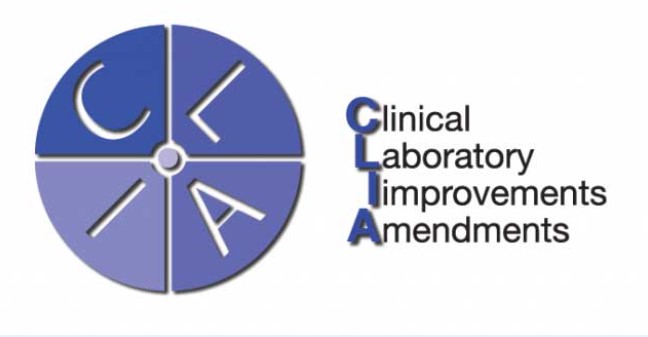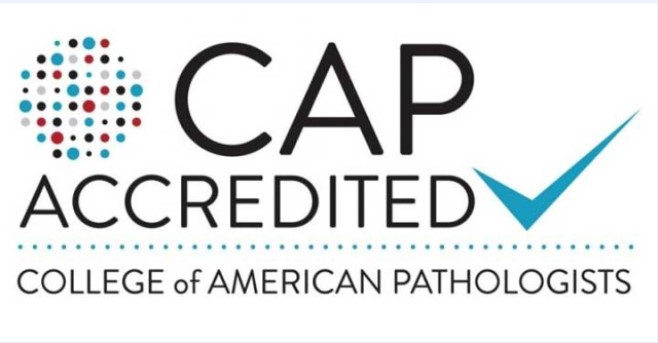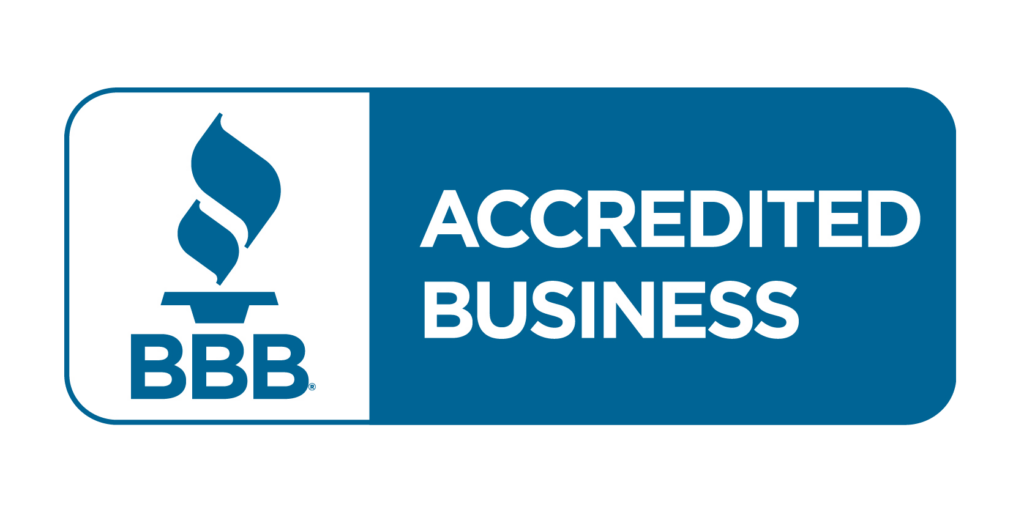Health conditions that may benefit from Physical Therapy:
- Urinary Incontinence – the inability to prevent unwanted urinary leakage.
- Frequency & Urgency – voiding more often they every 2-3 hours and/or feeling the urge to void often.
- Interstitial Cystitis – an inflammatory bladder condition often accompanied by abdominal pain, burning with urination and /or bowel issues.
- Myofascial Pelvic Pain – pain of soft tissue origin which often causes pain and restrictions in the abdominal and pelvic floor muscles.
- Bowel Issues – includes constipation, fecal incontinence, and diarrhea.
- Gynecological Pelvic Pain – may be related to chronic infection, post-surgical scars, endometriosis and other trauma to the pelvic floor muscles.
- Pregnancy-Related Back Pain – hormones produced during pregnancy affect ligament laxity, often affecting the stresses on the body.
Physical Therapy Intervention
- Education for patients to understand the diagnosis and how to manage it.
- Behavioral Training to address bladder and bowel habits as well as diet changes.
- Modalities such as electrical stimulation, ultrasound, heat, and ice to reduce pain and discomfort and calm chronically irritated muscles and joints.
- Therapeutic Exercise to strengthen weak muscles and provide stability for joints.
- Manual Therapy using advanced techniques to target painful internal and external pelvic muscles and address muscular imbalances in the hips, back, and pelvis.
- Neuromuscular Re-education to facilitate normal coordination of movement between nerves and muscles. This may be done through the use of biofeedback.
- Home Exercise Program to maintain gains made in therapy sessions and prepare the patient to self-manage their conditions.
Virginia Urology Women’s Health has two dedicated & licensed pelvic floor physical therapists: Katherine M. Oxford, DPT and Laura M. Broman, PT.











